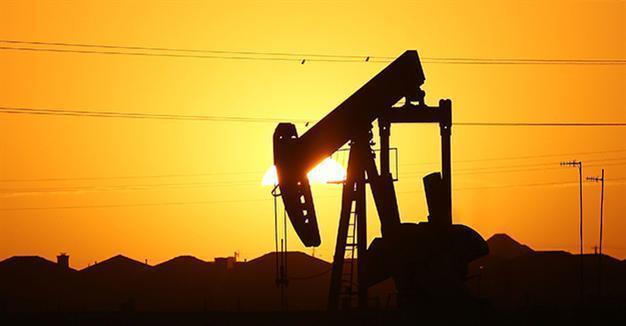Kurds call Baghdad's oil-for-salaries offer 'cheap political bartering'
ARBIL - Reuters
 The Kurdistan Regional Government has challenged Prime Minister Haider al-Abadi to deliver on an offer to pay the cash-strapped region's bloated public payroll, suggesting the proposal had not been made in good faith. Abadi said in a televised interview earlier this week that he was prepared to cover the KRG payroll as long as it stopped exporting oil independently.
The Kurdistan Regional Government has challenged Prime Minister Haider al-Abadi to deliver on an offer to pay the cash-strapped region's bloated public payroll, suggesting the proposal had not been made in good faith. Abadi said in a televised interview earlier this week that he was prepared to cover the KRG payroll as long as it stopped exporting oil independently. A KRG statement described that as "cheap political bartering,” and spokesman Safeen Dizayee told Reuters on Feb. 17 that if Abadi were serious about the offer, he would have raised it at a recent meeting in Baghdad.
Baghdad and Arbil have been at odds for years over power and revenue-sharing, and the Kurds have ramped up independent oil sales since last June despite federal government objections.
Abadi's statement appeared to be directed at the Kurdish public, which has grown increasingly frustrated with its own government as plummeting oil prices bring the autonomous northern region to the brink of economic collapse.
One oil industry source said Abadi's offer made little sense because at current oil prices, the value of the region's output is significantly lower than the cost of the KRG's payroll, and Baghdad is also suffering financially.
"If anybody in the KRG thinks that Baghdad is going to subsidize them, they are mistaken," the source said.
Iraqi MP Ibrahim Bahr al-Uloum said Abadi's offer was not a concrete agreement, but there were "good intentions" behind it.
Some expect the economic crisis will ultimately narrow the gap between Baghdad and Erbil, but the oil industry source said it could have the opposite effect as competition for scarce resources becomes fiercer.
"If there's only a pound left in the pot and the KRG is competing with all of the organs of the Iraqi state for that, Baghdad is going to become more selfish out of necessity."
Even if the region were to receive the monthly 890 million Iraqi dinars ($760,000) the KRG said it needed for the payroll, the sum would not cover other expenses such as fuel purchases for power generation and oil company payments.
After a decade-long economic boom, the KRG began to suffer financially in early 2014 when Baghdad cut funding to the Kurds in response to their building an oil export pipeline to Turkey.
The war against Islamic State of Iraq and the Levant (ISIL) and the influx of people displaced by violence in the rest of the country have compounded the crisis, which is also the result of years of corruption and mismanagement.
















